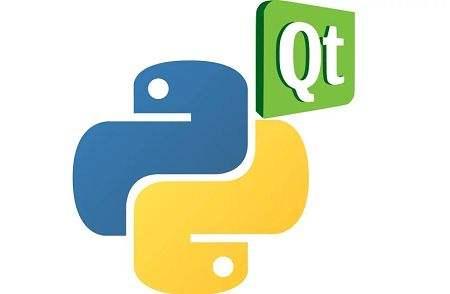
可以说函数和python爬虫一般情况下都可以结合使用,但是这需要小伙伴们对于函数的使用方法进行充分的了解,才能和python爬虫的知识点紧密结合使用。经过几天多线程和爬虫的内容讲解,相信大家对于这方面的模块内容已经比较熟悉的,所以可以用我们的老朋友download()函数进行一次知识点的交流,下面就来来看看download()在python爬虫中的运用吧。
对其进行构造,创建日志,download()函数创建线程,update_queque_url对连接的列表进行更新,get_url()根据bs4进行匹配获取连接,download_all()通过调用download()函数实现批量下载。spider作为一个入口函数进行爬取
class Crawler:
def __init__(self,name,domain,thread_number):
self.name=name
self.domain=domain
self.thread_number=thread_number
self.logfile=open('log.txt','w')
self.thread_pool=[]
self.url = 'http://'+domain
def spider(self):# 内容会随着爬虫的进行而更新
global g_queue_urls# 初始,队列中仅有一个url
g_queue_urls.append(self.url)# 爬取的深度
depth =0
print(f'爬虫{self.name}开始启动........')
while g_queue_urls:
depth +=1
print(f'当前爬取深度是{depth}')
self.logfile.write(f'URL:{g_queue_urls[0]}')
self.download_all() # 下载所有
self.update_queque_url() # 更新 url队列
self.logfile.write(f">>>Depth:{depth}")
count = 0
while count <len(g_queue_urls):
self.logfile.write(f"累计爬取{g_total_count}条,爬取是第{g_queue_urls[count]}个")
count+=1
def download_all(self):
global g_queue_urls
global g_total_count
i=0
while i < len(g_queue_urls):
j=0
while j<self.thread_number and i+j <len(g_queue_urls):
g_total_count +=1
print(g_queue_urls[i+j])
thread_result=self.download(g_queue_urls[i+j],f"{g_total_count}.html",j)
if thread_result is not None:
print(f'线程{i+j}启动')
j +=1
i=i+j
for thread in self.thread_pool:
thread.join(25)
g_queue_urls=[]
def download(self,url,filename,tid):
print(url,filename,tid)
creawler_thread= CrawlerThread(url,filename,tid)
self.thread_pool.append(creawler_thread)
creawler_thread.start()
def update_queque_url(self):
global g_queue_urls
global g_exist_urls#已经爬过的url
new_urls=[]#新发现的url
for url_content in g_urls:
new_urls +=self.get_Url(url_content)# 从页面中提取新url
g_queue_urls=list(set(new_urls) -set(g_exist_urls)) # 去除重复的和已经爬过的
def get_Url(self,content):
'''
从网页源代码中提取url
'''
links =[] # 保存提取到的href
try:
soup =BeautifulSoup(content)
for link in soup.findAll('a'):
if link is not None and link.get('href') is not None:
if self.domain in link['href']:
# 如果link是本网站的绝对地址
links.append(link)
elif len(link['href']) >10 and 'http://' not in link['href']:
# 如果link是相对地址
links.append(self.url +link['href'])
except Exception as e:
print("fail to get url",e)
return links
主函数调用爬虫函数的spider()方法
if __name__=="__main__": domain ="www.geyanw.com" thread_number=10 name="geyan" crawler =Crawler(name,domain,thread_number) crawler.spider()
除了download()函数,spider()也可以在python爬虫中调用。这两个函数我们之前也提到过不少次,想具体了解使用的可以看看之前的讲解。
神龙|纯净稳定代理IP免费测试>>>>>>>>天启|企业级代理IP免费测试>>>>>>>>IPIPGO|全球住宅代理IP免费测试





